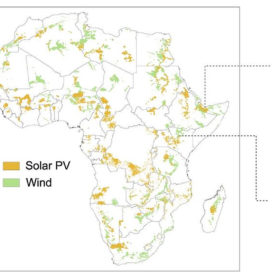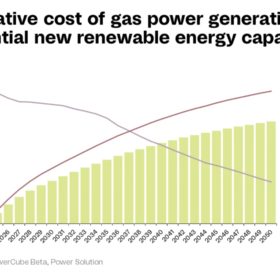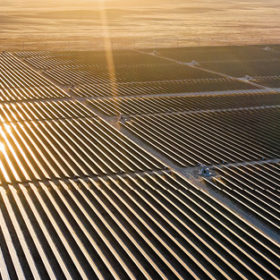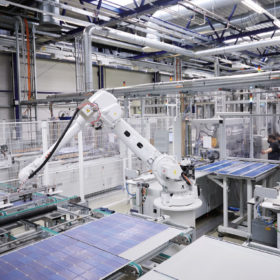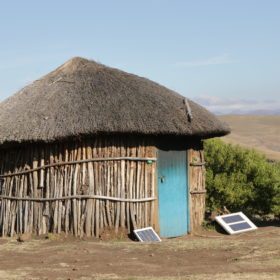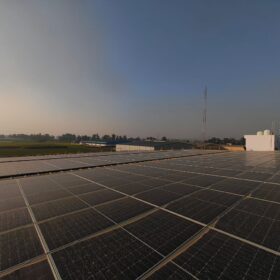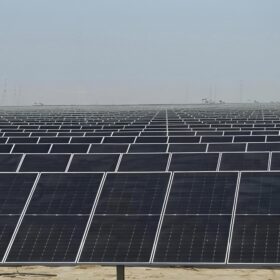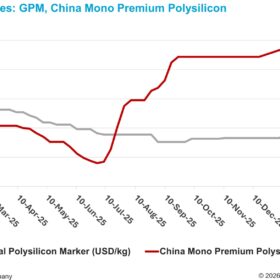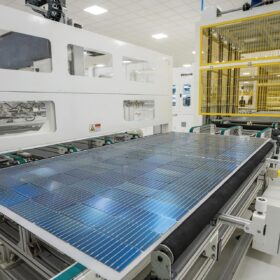IRENA releases all-Africa dataset of locations for solar, wind
The International Renewable Energy Agency (IRENA) has published a dataset with 10,905 sites for PV deployment across Africa, with an estimated total capacity of 4.9 TW.
Ernst & Young again ranks India as world’s most attractive solar market
India is the top market for solar investment, according to the latest edition of Ernst & Young’s renewables attractiveness index. Spain, Germany and the United States are the top three markets for corporate power purchase agreements (PPAs).
Mahindra & Mahindra forms a new solar subsidiary
Mahindra & Mahindra has incorporated Emergent Solren as a wholly-owned subsidiary of its arm Mahindra Holdings.
Amazon India partners TVS Motor on EVs for last-mile deliveries
The e-commerce giant will add TVS Motor’s electric two- and three-wheelers to its existing delivery fleet.
New solar capacity 10 times cheaper than gas, says Rystad
Operating gas-fired power plants would be 10 times more expensive in the long-term than building new solar capacity in Europe, according to research from intelligence company Rystad. Their study uses the levelized cost of energy (LCOE) for gas and coal-fired power generation at different price levels and compares it to the LCOE of solar PV and wind.
Annual added PV capacity will more than quadruple to 650 GW in 2030, says IEA
The International Energy Agency (IEA) has published its “World Energy Outlook 2022” report. It expects the energy crisis triggered by Russia’s invasion of Ukraine to accelerate the global energy transition.
SunEdison changes its name to Refex Renewables & Infrastructure
Tamil Nadu-headquartered SunEdison Infrastructure Ltd will now be known as Refex Renewables & Infrastructure Ltd.
PV InfoLink forecasts polysilicon prices to be halved by end of 2023
The consulting firm expects prices to decline gradually through the first semester of 2023, followed by an accelerated decline in the second half of the year, with prices falling from the current CNY 300 ($36.64)/kg to below CNY 150/kg by the end of 2023. Polysilicon production capacity may increase from 500 GW in 2022 to 975 GW next year.
Global installed PV capacity could hit 260 GW in 2022
The International Energy Agency Photovoltaic Power Systems Programme (IEA PVPS) estimates that 173.5 GW of new solar capacity was installed in 2021, and that figure might rise to 260 GW in 2022. pv magazine spoke with the co-chair of the European Solar Manufacturing Council to look into the figures.
Off-grid solar continues to expand
The off-grid solar sector has shown resilience in the face of pandemic-related challenges, with 70 million people gaining access to electricity from early 2020 to the end of 2021. However, the ability to pay for solar energy kits has taken a hit.
